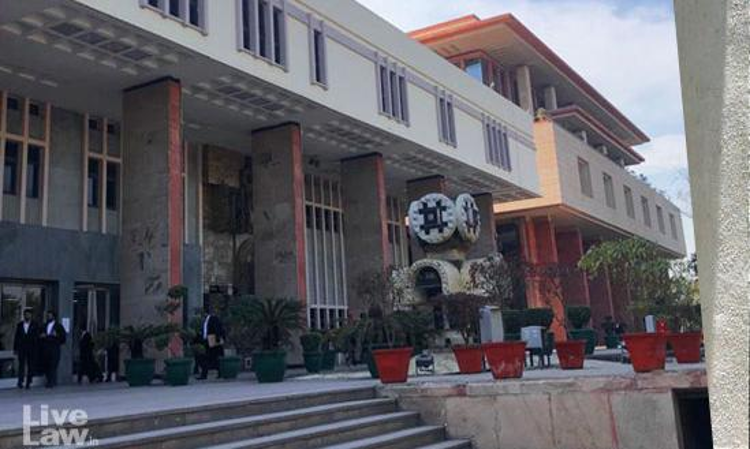The Delhi High Court has called for expeditious implementation of guidelines for promotion of Judicial Officers in the city, set out by the High Court in the year 2018 in the case of Sujata Kohli v. Registrar General, High Court of Delhi. In order to inject greater uniformity, objectivity, transparency as well as predictability in the promotions of judicial officers, a Division Bench...

